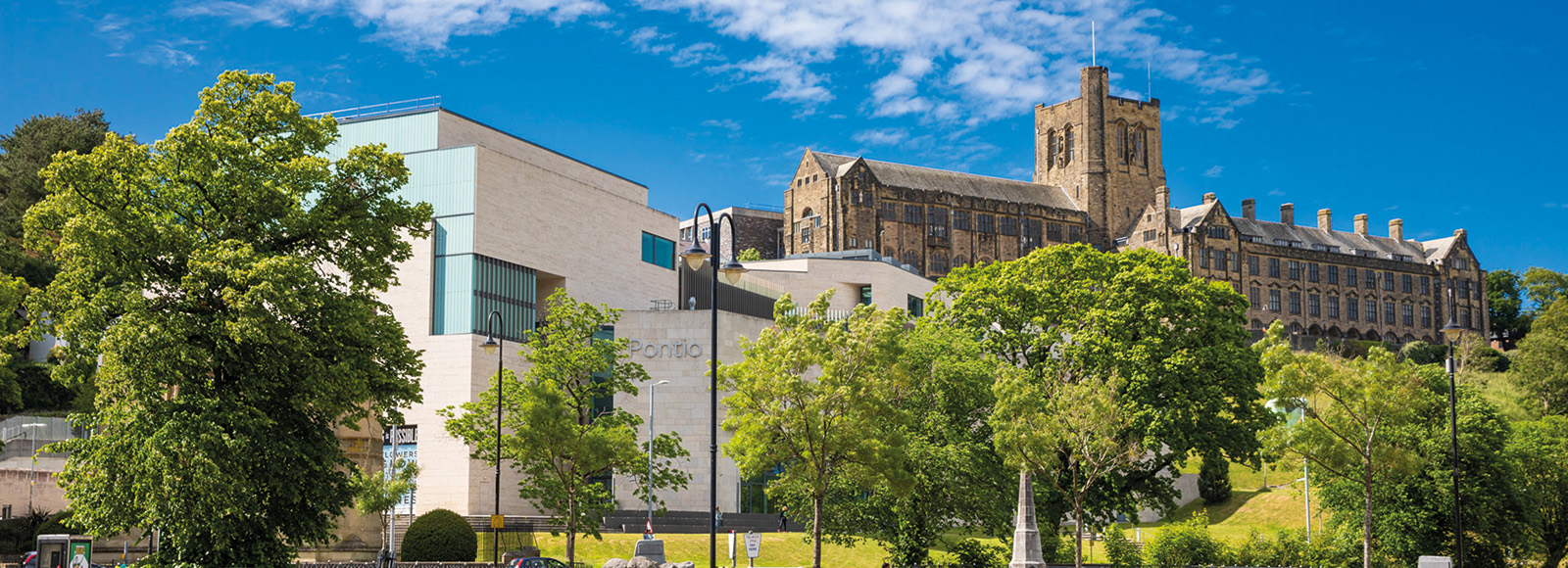- ...
Postgraduate Studentships - Search for funding opportunities.
Postgraduate Studentships - Search for funding opportunities.
The Bangor University Postgraduate Diploma (PGDip) in Counselling Young People and Children is a rigorous, professional diploma for counsellors and psychotherapists who wish to extend their practice into this specialist area. Aimed at therapeutic work with children and young people, it is professionally aligned to the British Association for Counselling and Psychotherapy (BACP) Competencies for Working with Children and Young People (4-18yrs).
This Counselling Children and Young People (4-18 years) post qualifying Diploma will prepare you to work therapeutically with children and young people aged 4-18 years. The course provides practical training in counselling skills for working with children alongside theoretical guidance on counselling concepts specific to young people.
You will learn how to work in a person-centred way from the Humanistic perspective, but you may also draw on other therapeutic methods (such as cognitive and behavioural) to adopt an integrative approach to working with children and young people.
Alongside this practical training, you will gain an understanding of child development and an insight into the world of the young person from a social, psychological, and educational perspective.
Alongside this theoretical education and skills practice, you will complete an assessed placement of 100 hours of supervised counselling with children and young people. This placement may be in a school, charitable organisation, or any other therapeutic setting for young people. This assessed placement and academic training will be aligned to the British Association for Counselling and Psychotherapy (BACP) Competencies for Working with Children and Young People (4-18yrs).
This Counselling Children and Young People (4-18 years) course is delivered in a flexible way to make it fully accessible to all. Weekly classes will run online (videocall) one evening a week for 24 weeks. Resources (including recorded lectures) will be available to access on-demand each week. Regular weekly drop-ins will also be available to support you in your assessments.
This comprehensive training package will be delivered by our team of academic staff from across the College of Human Sciences, drawing on expertise from our School of Human and Behavioural Sciences (including Psychology and Counselling) and the School of Educational Sciences (including Childhood Studies).
While it is not a condition of admission onto the course, it is strongly recommended that applicants have a placement and supervisor established prior to the start date of the course.
If English is your second language, you will also be required to hold an IELTS of 7 (with no score lower than 7 across all criteria) and exhibit clear evidence of communication skills through the medium of English in the interview.
An Enhanced Disclosure and Barring Service (DBS) check on the Child and Adult Workforce and Child and Adult Barring Lists and subscription to the DBS Update Service. (Overseas equivalent required for non-UK applicants).
Shortlisted applicants must pass an online interview which will incorporate a small group activity and individual assessment. Applicants will be assessed for practice as part of this interview process.
Applicants who successfully graduated from the Bangor University MSc in Counselling in the previous three years will be exempt from providing evidence of their counselling experience, references, and English language proficiency. These alumni will automatically be shortlisted for interview.
It may be possible to accredit prior learning for applicants who successfully graduated from the Bangor University MSc in Counselling in the previous three years . Those who successfully completed one or both of the following modules (within the previous three years) may be accredited for this 40 credits of learning on the current course: Introduction to Counselling for Children and Young People (20 credits), Advanced Counselling for Children and Young People (20 credits), Modern Families (20 credits), Understanding Childhood and Youth (20 credits). If approved, students will not take these modules again on this programme and the overall grade for this diploma will be calculated from the remaining credits.
While it is not a condition of admission onto the course, it is strongly recommended that applicants have a placement and supervisor established prior to the start date of the course. Applicants must be approved for placement as part of the admissions process and students will be expected to start placement within the first four weeks on the course. This is important to give enough time to gain the 100 hours of supervised practice required for the course within the programme time frame.
Please be aware that classes for this programme will run online via videocall, so you must have the facilities to access this class each week. You will also be expected to interact with the tutor and the rest of the class during these sessions, so it is essential that you have a working camera and microphone for these sessions.
See our website for fees
The holistic curriculum covered on this programme will help you to build on your existing therapeutic skills to enable you to work safely and effectively as a counsellor for children and young people.

Discover Flexibility. Discover Opportunities Nestled between North Wales' mountains and the sea, Bangor University offers a remarkable academic exper...
Sign up to Postgraduate Studentships
Sign up to compare masters
Thanks for making your selection. Click below to view your comparisons.